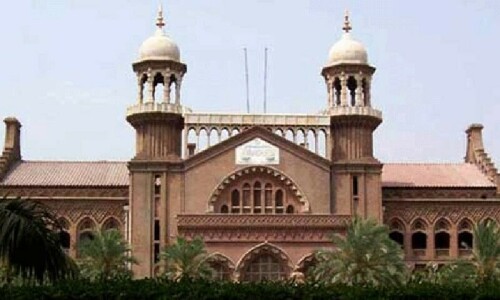THE low-middle-income families, who usually purchase their groceries from government-run utility stores to save money, must be in a state of shock as subsidised ghee and cooking oil prices have been spiked by Rs208 a kilo and Rs213 a litre to an all-time high of Rs555 and Rs605 — even above market rates. That this exorbitant increase is approved by a government which claims to have come to power to repair the broken economy and shield the people from hyperinflation, is disappointing. This decision more or less cancels the positive impact of the relief package given by the government to vulnerable groups to mitigate the pain of the increase in fuel prices that was recently announced. The new CPI inflation numbers, a measure of what the people pay for the goods and services they consume or use, show that the pace of escalation in headline prices during May was the fastest in the last 28 months. The index has surged by 13.76pc year-over-year due to a big jump of 17.3pc in food and 31.8pc in transport prices. The 11-month average inflation is computed to be 11.29pc, up from 8.83pc for the corresponding period last year. The problem is that CPI numbers cannot even remotely capture the pain people deal with each day when they purchase groceries, buy petrol, and pay their electricity, health and other bills.
There is no denying that the government needs to fix the budget and put its fiscal house in order for long-term, sustainable growth. The increase in fuel and power prices, frozen by the PTI government for political mileage, is a prerequisite for fiscal stabilisation to improve inflation expectations and contain risks to external stability. Nonetheless, it must not overlook the impact that double-digit inflation has had on the vulnerable and fixed income segments of the population in the last three years as it makes fiscal adjustments — now or in the next budget. While it is crucial to boost fuel and electricity prices that will produce higher food and transport inflation and directly hit the low- and middle-income populace, the authorities must also cut their wasteful and non-essential expenditure to create space for helping the inflation-stricken segments. This will also require transferring some of the pain of the upcoming fiscal adjustments to the rich. Ordinary Pakistanis have paid heavily for the indiscretions of the country’s elite; it is now time for the latter to shoulder the burden.
Published in Dawn, June 2nd, 2022











































